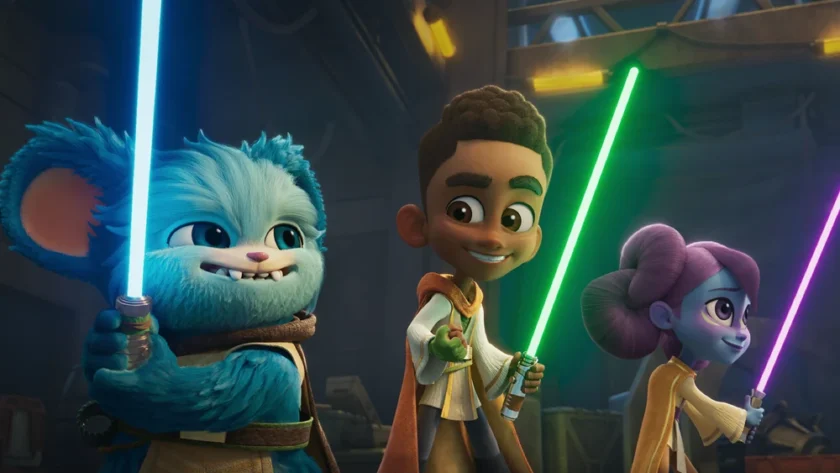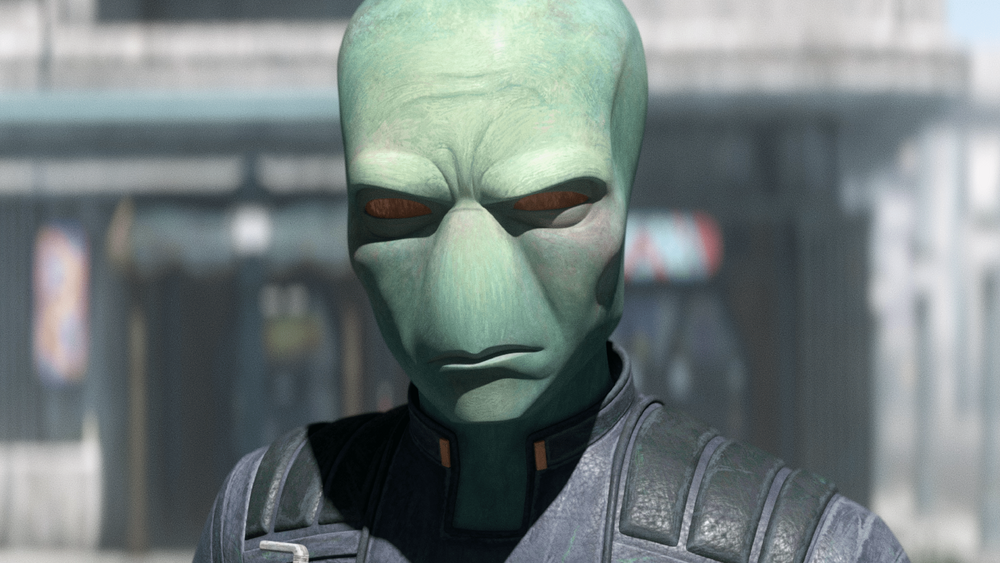4 BBY
The first three episodes of Andor Season 2 delve into the early stages of a conflict that would later culminate in the Battle of Yavin, setting the stage for an intricate narrative centered around rebellion and sacrifice. Taking place four years before this pivotal moment in the Star Wars timeline, the series explores significant developments that impact the political landscape of the galaxy. The episodes are meticulously crafted to build on the character arcs introduced in Season 1, providing viewers with a deeper understanding of their motivations and the severity of their circumstances.
The opening episode showcases Cassian Andor’s struggles as he navigates a galaxy rife with imperial oppression. Driven by a desire for justice, his character’s conflict is palpable as he faces moral dilemmas that challenge his commitment to the rebellion. The portrayal of tension between the Empire and a burgeoning rebel alliance is executed through engaging interactions and sharp dialogue, which highlight the stakes involved. The episode intricately weaves themes of loyalty and the cost of war into the early plot points, setting a foreboding tone that resonates throughout the subsequent episodes.
The intricate writing and these narrative developments contribute to a compelling exploration of the characters’ journeys, ultimately positioning the series as a profound reflection on the nature of rebellion and the sacrifices inherent in the fight for freedom.
Character Development
In the expanding narrative of Andor Season 2, several pivotal characters emerge, each possessing distinct motivations and developmental arcs that enrich the storytelling. Central to this exploration is Cassian Andor, whose transformation from a self-serving individual into a committed member of the Rebellion becomes increasingly pronounced. In the initial episodes, Andor’s character grapples with the weight of his past decisions, creating a compelling backdrop against which his allegiance to the Rebellion deepens. The conflict between his past and his nascent ideals propels the narrative forward, reflecting the broader theme of personal sacrifice for a collective cause.
Next, Mon Mothma serves as another integral figure. As the Architect of the Rebellion, she is confronted with increasingly complex political challenges that threaten the fragile alliances she has worked to build. Her character arc reveals her struggle between maintaining her senatorial duties and nurturing the burgeoning Rebellion, reflecting the sacrifices she must make for the greater good. Mon Mothma’s relationships with other characters, such as Andor and Luthen Rael, highlight key tensions within the movement and the constant danger posed by the Empire.
Luthen Rael is also noteworthy; his enigmatic persona and strategic prowess play a significant role in shaping the rebellion’s direction. Luthen’s motivations are shrouded in mystery, as he balances his commitment to the cause with his own objectives. We witness him probing for information from partygoers as well as keeping a close eye on key players in his schemes, notably that of Tay who is going through a crisis at home and has become a threat of exposure. I don’t believe his character will make it home from the wedding.
Overall, the characters in Andor Season 2 are intricately interwoven, each contributing to a greater understanding of loyalty, sacrifice, and the personal stakes involved in the fight against tyranny. These character dynamics add substantial depth to the narrative, ultimately enhancing viewer engagement and setting the stage for future developments. We are looking forward to diving much deeper into all the characters in the coming days as we update character stats and abilities for the site.
Real-World Inspirations and Messages
Andor Season 2 presents an intricate tapestry of thematic elements that resonate deeply with real-world events and contemporary societal issues. This season, like its predecessor, dives into the complexities of resistance against authoritarian regimes, illustrating the moral dilemmas faced by its characters. The narratives evoke historical parallels, notably with the chilling subtleties reminiscent of the Nazi regime, highlighting the consequences of unchecked power and the psychological intricacies of rebellion.
The portrayal of characters grappling with ethical challenges serves to underscore the sacrifices often required in the fight against oppressive systems. Each character’s journey is not just a quest for rebellion, but also a profound exploration of personal morality and the gray areas of ethical decision-making. The tension between loyalty and individual conscience provides a nuanced understanding of what it means to resist. In a landscape where right and wrong are not clearly defined, viewers are invited to reflect on their interpretations of justice and freedom.
The narrative structure of Andor Season 2 examines the broader implications of rebellion, connecting the personal struggles of the characters to widespread social movements. The story arc not only reflects the realities of historical revolutions but also evokes current discussions surrounding authoritarianism and civil rights globally. By showcasing the ripple effect of individual actions within a larger revolutionary context, the series compels audiences to confront the responsibilities of citizens in the face of oppression.
In essence, the series serves as a poignant reminder of the ongoing relevance of its themes, as the battle against tyranny and the pursuit of justice remain critical in contemporary discourse. This thematic engagement enriches the narrative, fostering a deeper understanding of the importance of resistance in all its forms. The reflections presented in Andor invite viewers to critically assess the nature of rebellion and the importance of upholding democratic values in an often dystopian world.
The Impact and Reception
The impact of Andor Season 2 is already being felt across the landscape of the Star Wars franchise, especially following the debut of its first three episodes. Viewers and critics alike have responded with enthusiasm, hailing the show’s commitment to sophisticated storytelling and character development. The series successfully rescues the narrative from typical blockbuster tropes, focusing instead on the intricate evolution of complex characters and their moral dilemmas. This deeper exploration has resonated strongly with audiences, evident in the growing number of conversations and analyses emerging in various media outlets.
Critics have noted that the writing in the early episodes demonstrates a maturity rarely seen in science fiction television. The strength of Andor lies in its ability to weave social and political themes into a compelling narrative, allowing viewers not only to engage with the storyline but also to reflect on the broader implications of the plot. This aspect is particularly highlighted in discussions surrounding the depiction of resistance and sacrifice, which parallels real-world issues. The show’s pacing has been lauded for allowing character arcs to develop organically, creating a sense of investment in the characters’ journeys.
Top notch content for all to see, as expected. Andor Season 2’s first three episodes are a solid five out of five.





